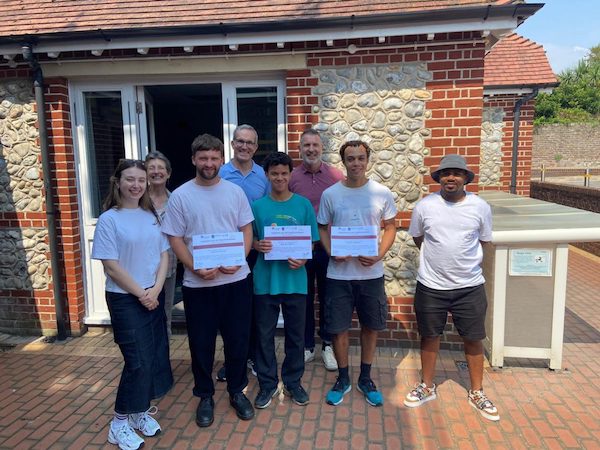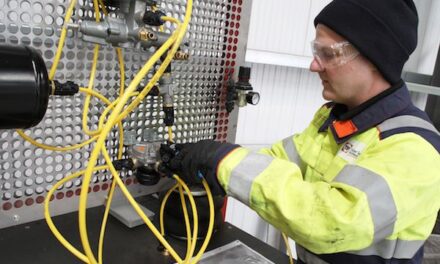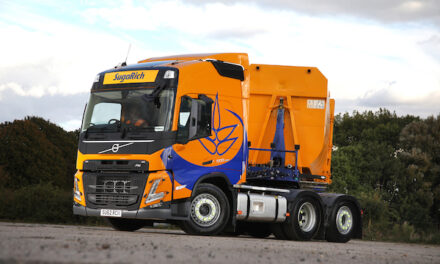International development organisation Transaid has begun phase two of a comparative study to investigate young men’s experiences of walking in secondary towns drawing direct comparisons between South Africa and the UK. It marks a new phase of collaboration with research teams from Durham University and the University of the Western Cape.
Funded by the Gothenburg-based Volvo Research and Educational Foundations (VREF), it builds on the initial phase conducted in 2023, which drew comparisons between Cape Town and London. This time attention shifts to comparing Mossel Bay and Worthing; plus the research team will take account of considerations including length of residence and past personal mobility experiences, based on learnings from phase one of the project.
The move to secondary urban centres is expected to yield different results due to the reduced availability of public transport services. There is also currently a sparsity of research on mobility in secondary urban centres, particularly around young men’s mobility.
Sam Clark, Head of Programmes for Transaid, says: “Considering access to public transport tends to be more limited in secondary cities, we believe this next phase will be an excellent starting point to fill this research gap.
“Anything we can do to better understand the mobility experiences of young men will play a key role in shaping well-being and employment opportunities for the future.”
As with phase one of the project which saw London selected as one of the research sites, Transaid has selected Worthing to enable comparisons to be drawn between the Global South and Global North.
Transaid and Durham University have previously worked together on a three-year project investigating the challenges faced by women in highly gendered transport environments in less accessible parts of three major African cities. This work was completed in 2022.
For more information and to find out how you can support the organisation visit www.transaid.org.









